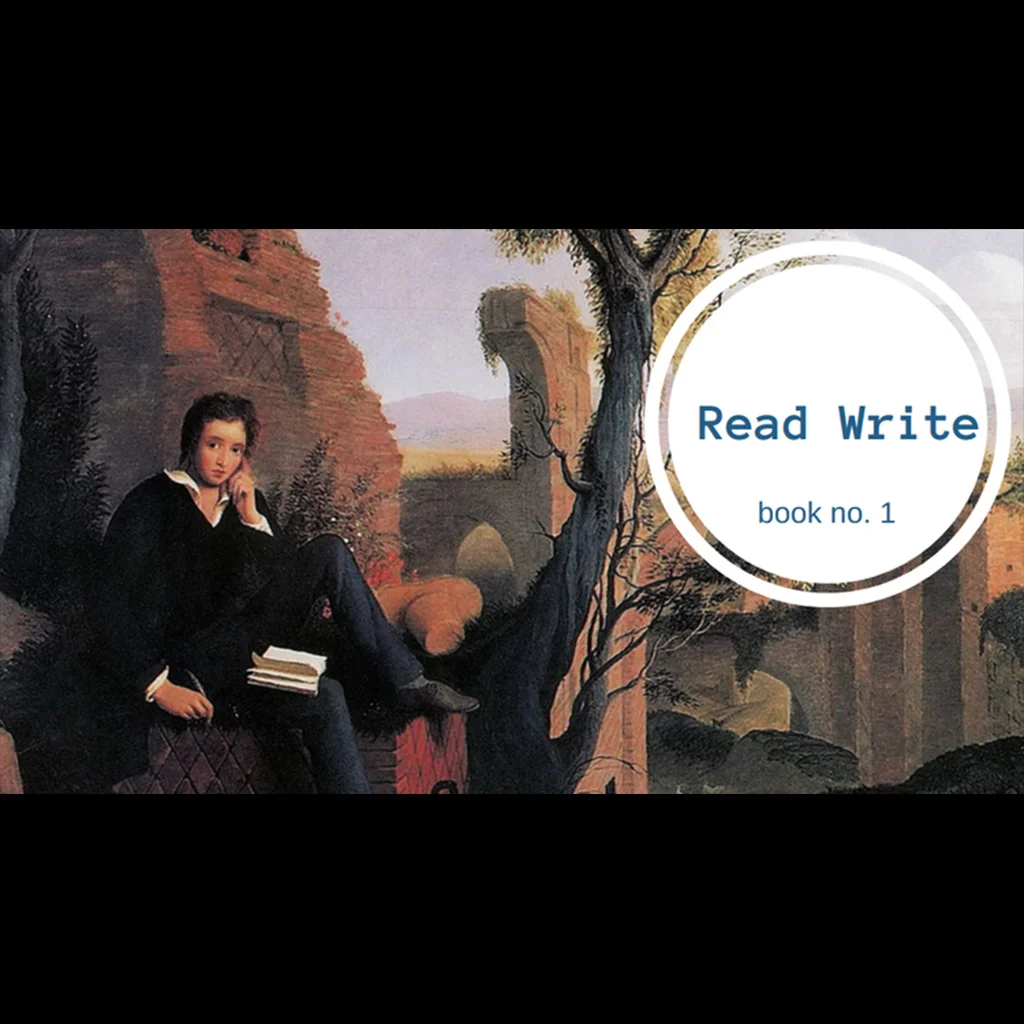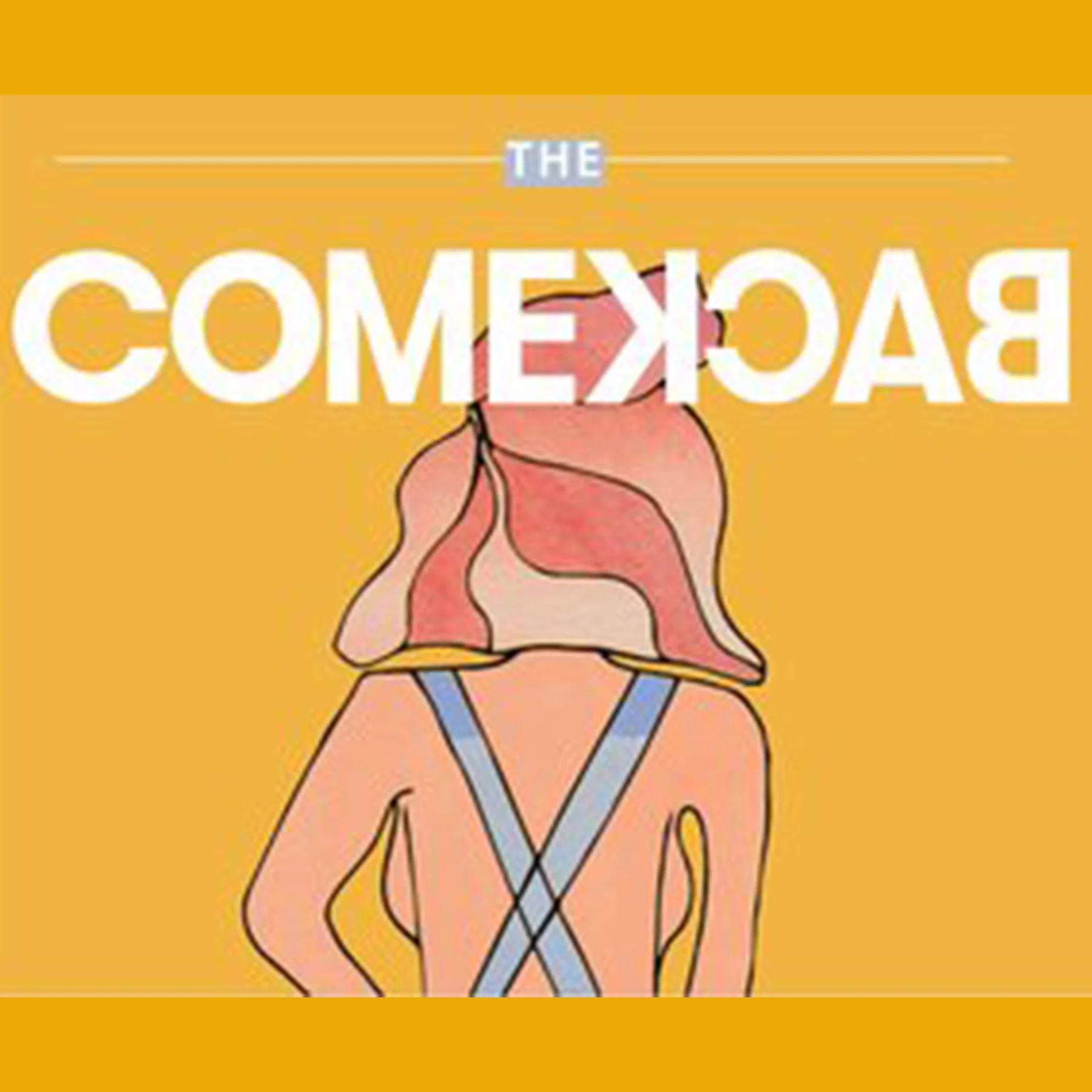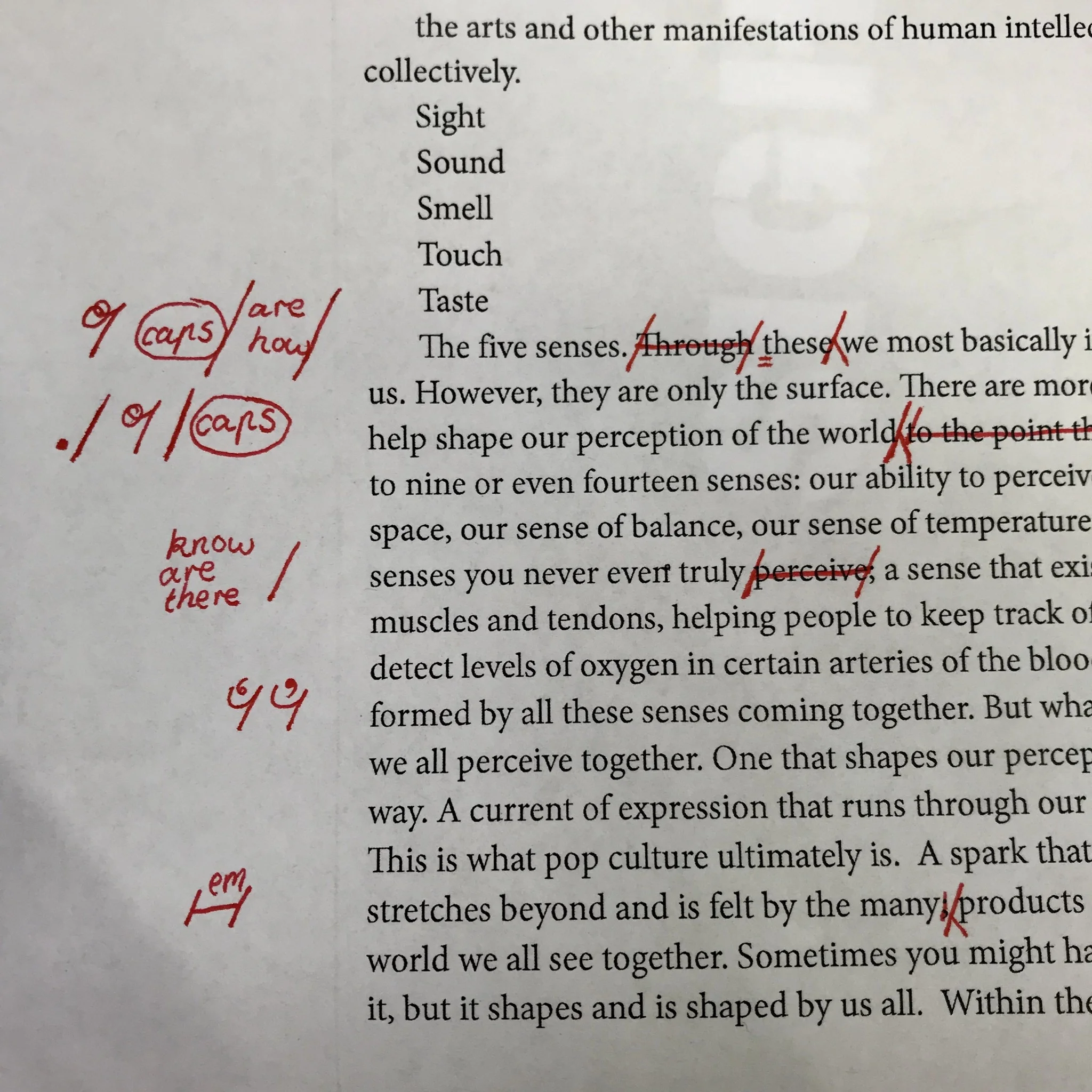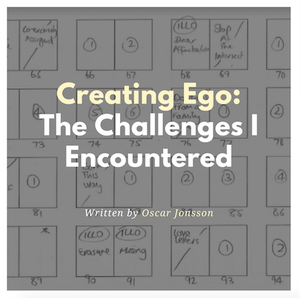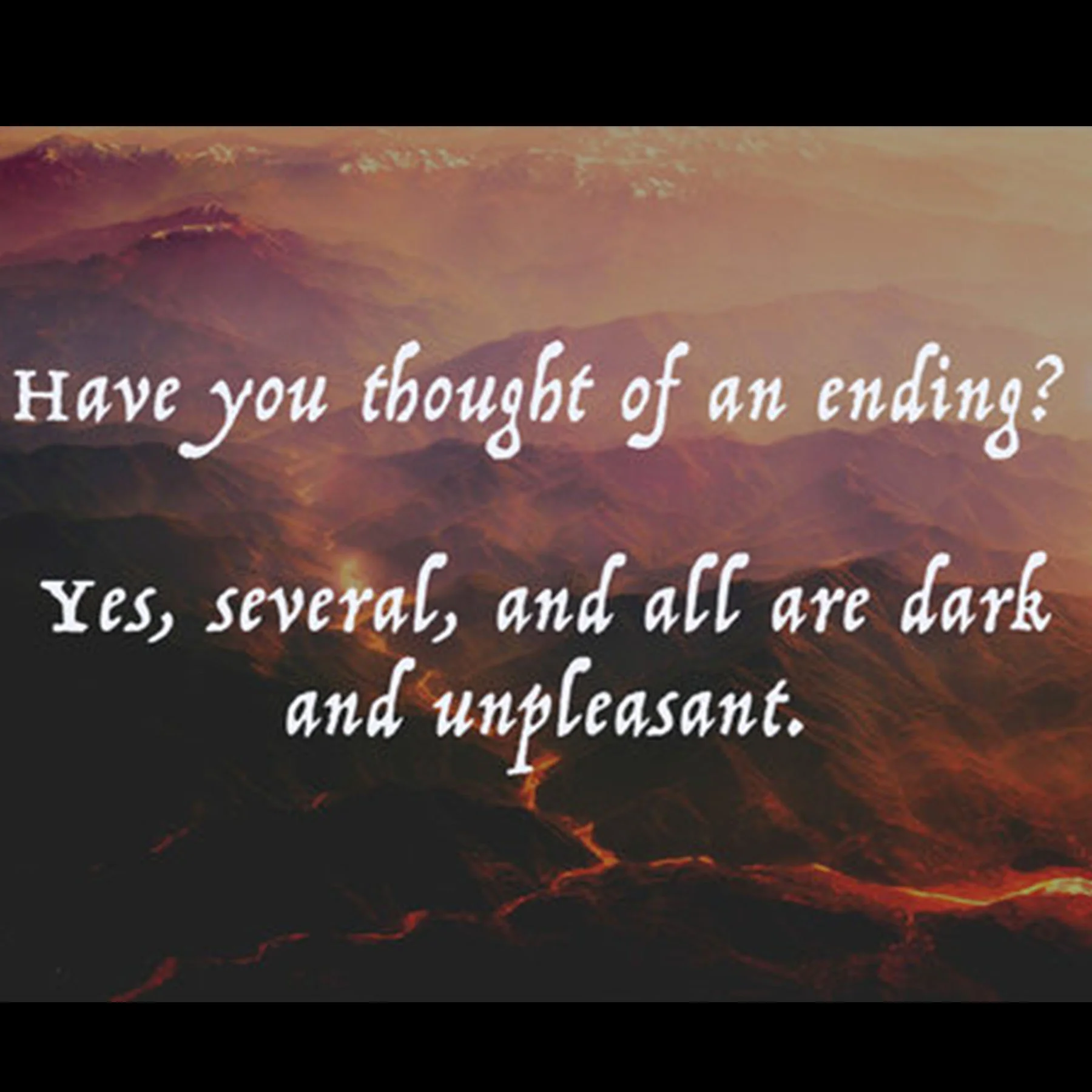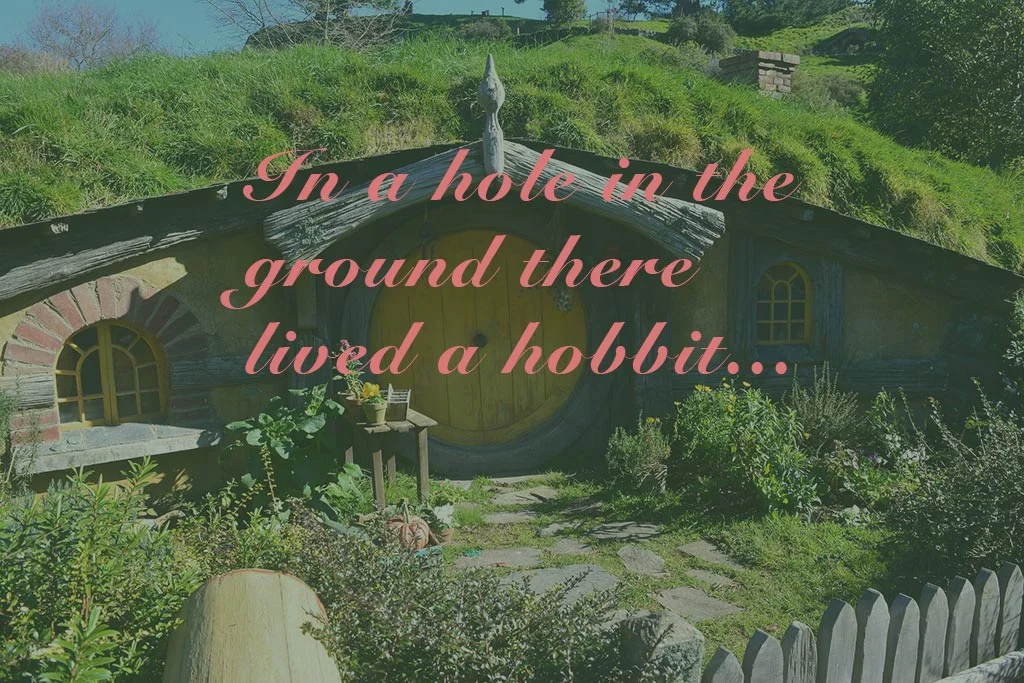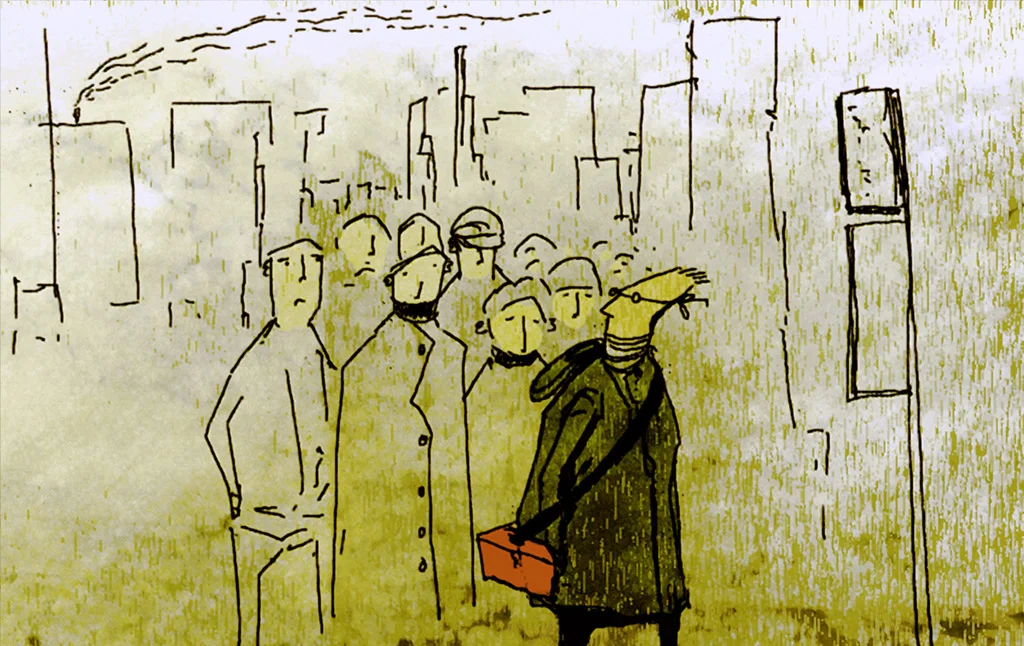FEATURED
EVERYTHING
Doing things wrong
In the 1996 movie Fargo the movie opens with the following text:
> ‘This is a true story. The events depicted in this film took place in Minnesota in 1987. At the request of the survivors, the names have been changed. Out of respect for the dead, the rest has been told exactly as it occurred.’
The Spark Prize: workshop recap and FAQs
The Spark Prize is a new biennial joint venture between Hardie Grant Books and RMIT Writing and Publishing, which aims to foster talent in the narrative non-fiction genre and provide the successful applicant with the essential tools they’ll need to drive their book proposal to publication.
Write it and weep: the turbulent (yet rewarding) journey of writing
What does it take to craft the ‘perfect’ sentence? To have your masterpiece sit alongside the behemoths of the literary world—Wilde, Woolf, Didion, Garner, Flanagan and Malouf? What does it take to string together a perfect group of words, that form a perfect group of sentences that form a piece of work that is timeless, moving and memorable?
Re-establishing routine in isolation
How are you meant to cope with isolation when you’re a routine-driven person? You’re now stuck at home with almost no social interaction and you’re losing motivation. Your productivity has been lost to the rabbit hole of Netflix and that stack of books you’ve been trying to get to for months. And, on top of this, many of us are transitioning to entirely new processes for work and uni.
Read Write No. 1
John McPhee distils writing advice from a long career as a journalist writing for the _New Yorker_ and _Time_ magazine, among other publications. This is a gossipy book full of anecdotes about encountering bears in Alaska, rafting down rivers, hopping on trains and trucks, all for the sake of a good story. For these stories alone, the book is worth a read, but McPhee’s advice is also refreshingly practical, as he takes the reader through his writing process, letting us see how he resolves challenges. His advice for overcoming writer’s block seems genuinely helpful: write a letter to your mum explaining what you’re trying to write and where you’re struggling – then keep going.
Censorship – Finding Power In Blackout Poetry
Erasure, also known as ‘found poetry’ or ‘found art’, is an art form where a person erases words from an existing piece in order to create new meaning in an existing work or to create a new piece of writing all together. The act of crossing out and erasing allows the reader and writer of this new form to ask questions of the piece. Is this new work a piece of vandalism? Does it disparage or celebrate the original work? Some works aim to subvert the original meaning of a text and some aim to decrease the trace of authorship and authority that the writer has over the text.







